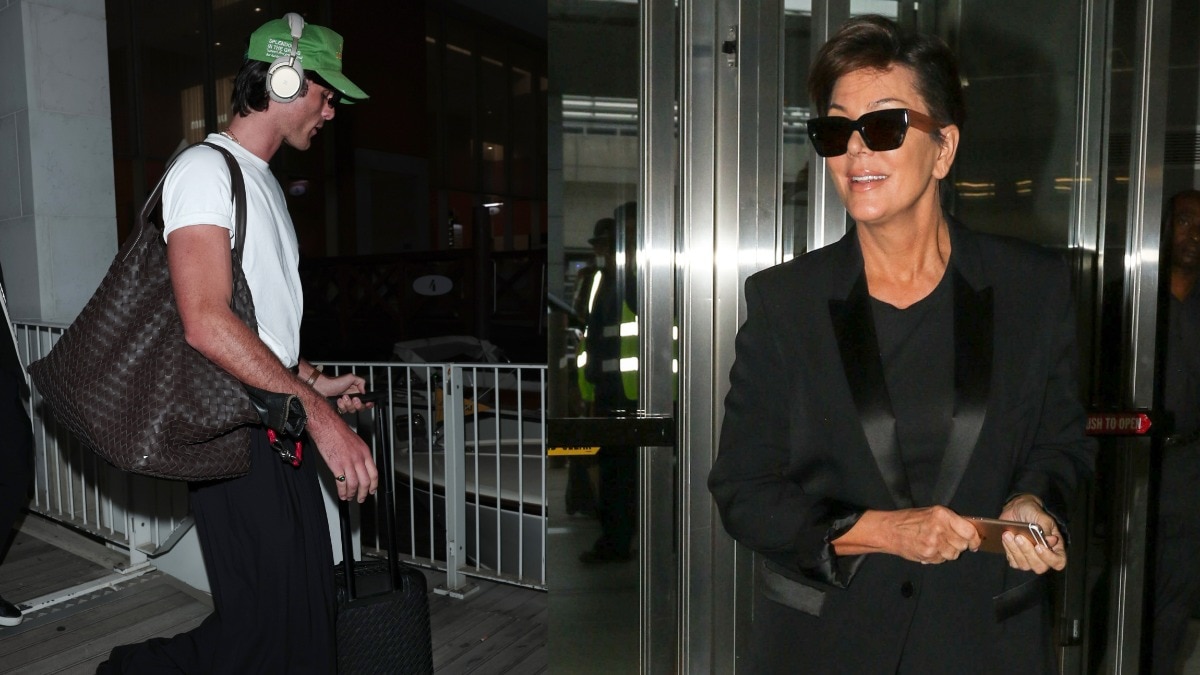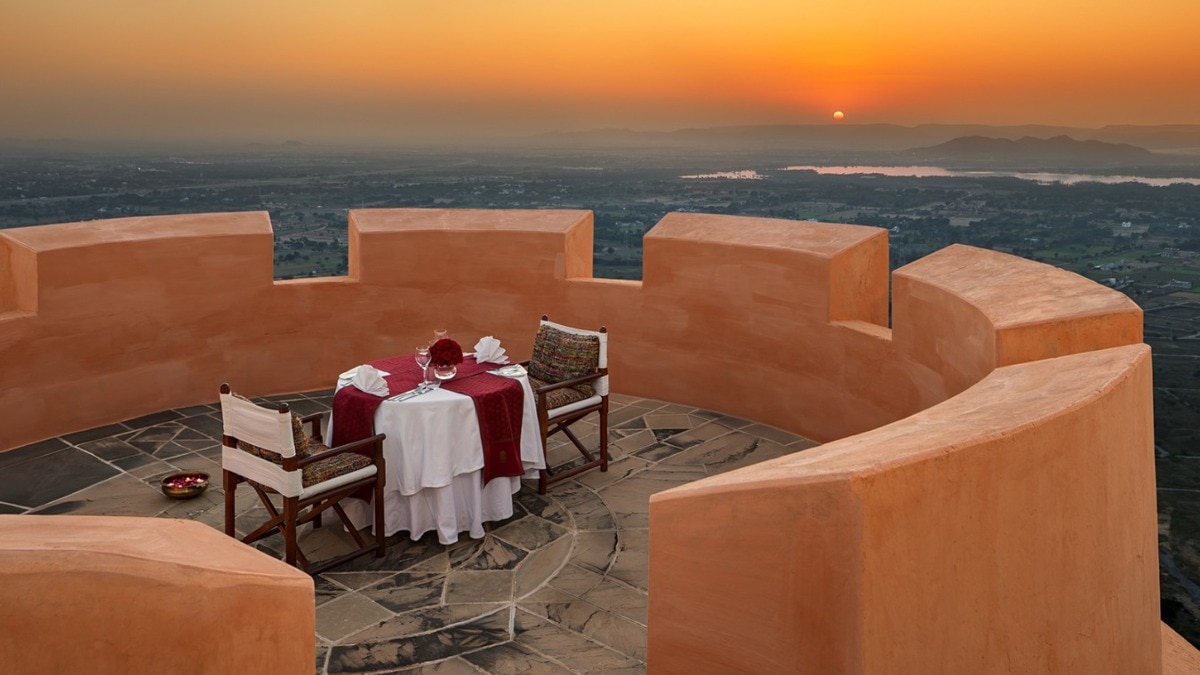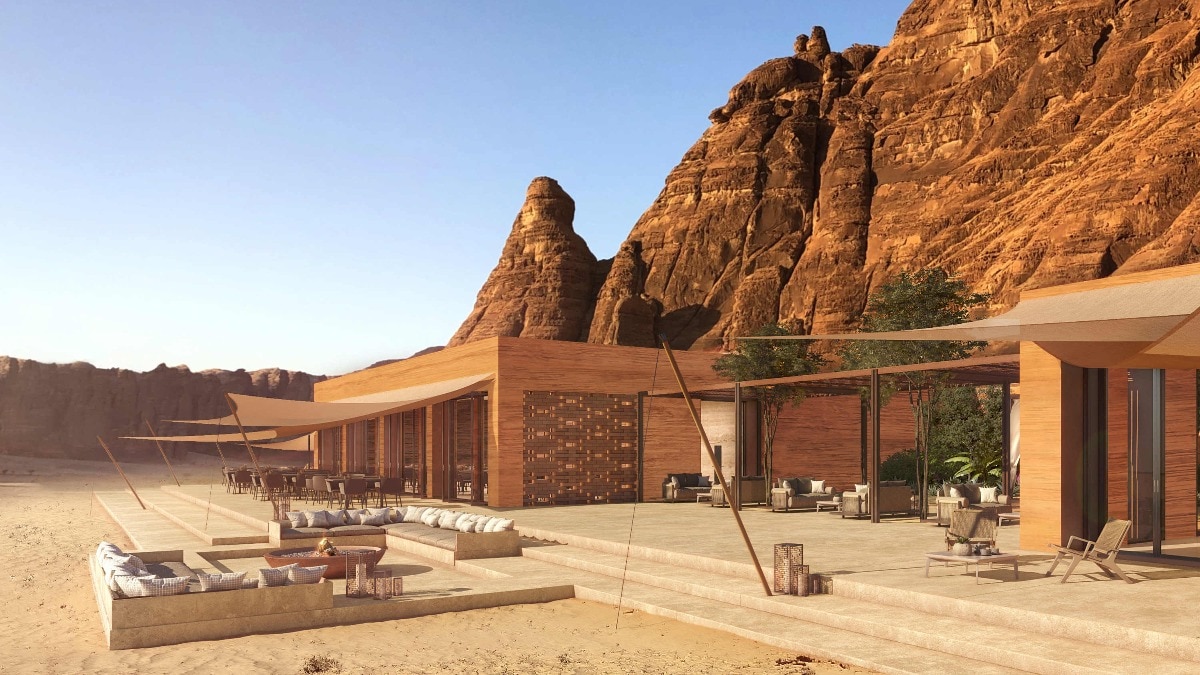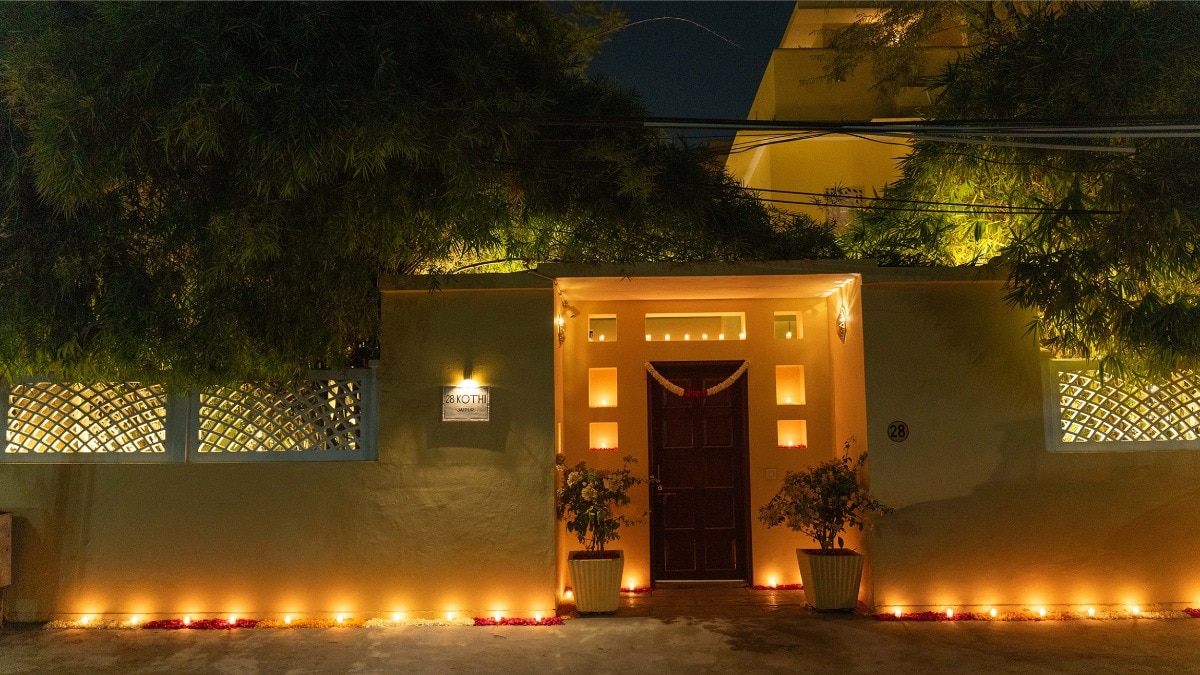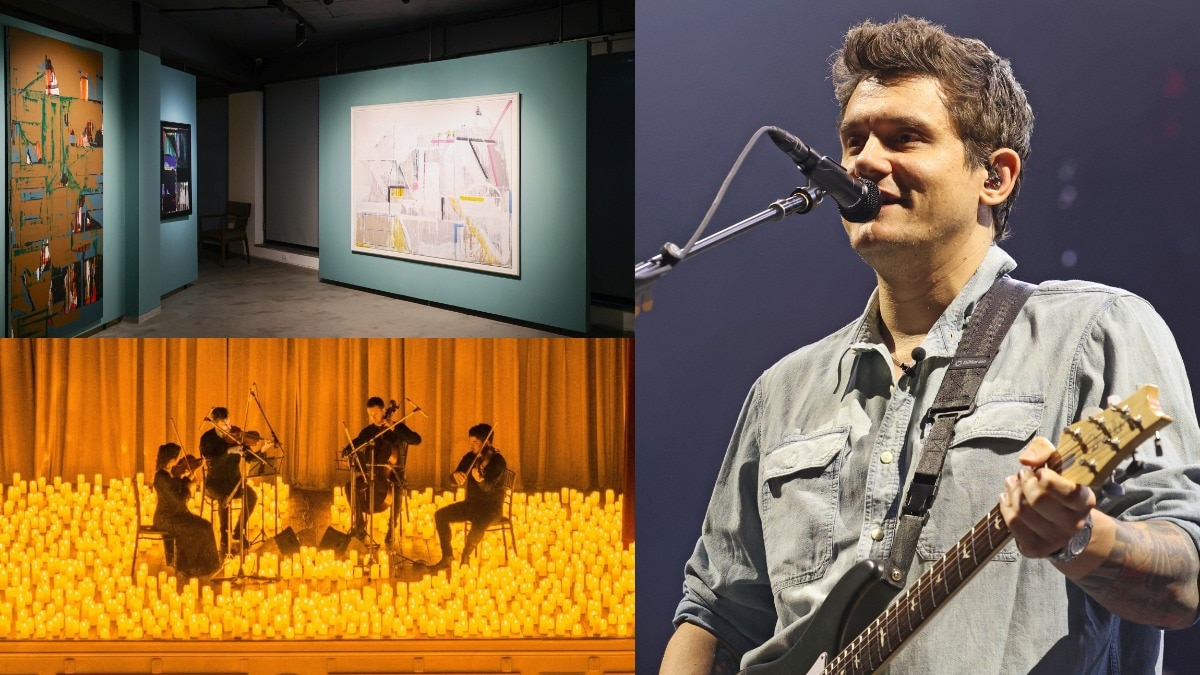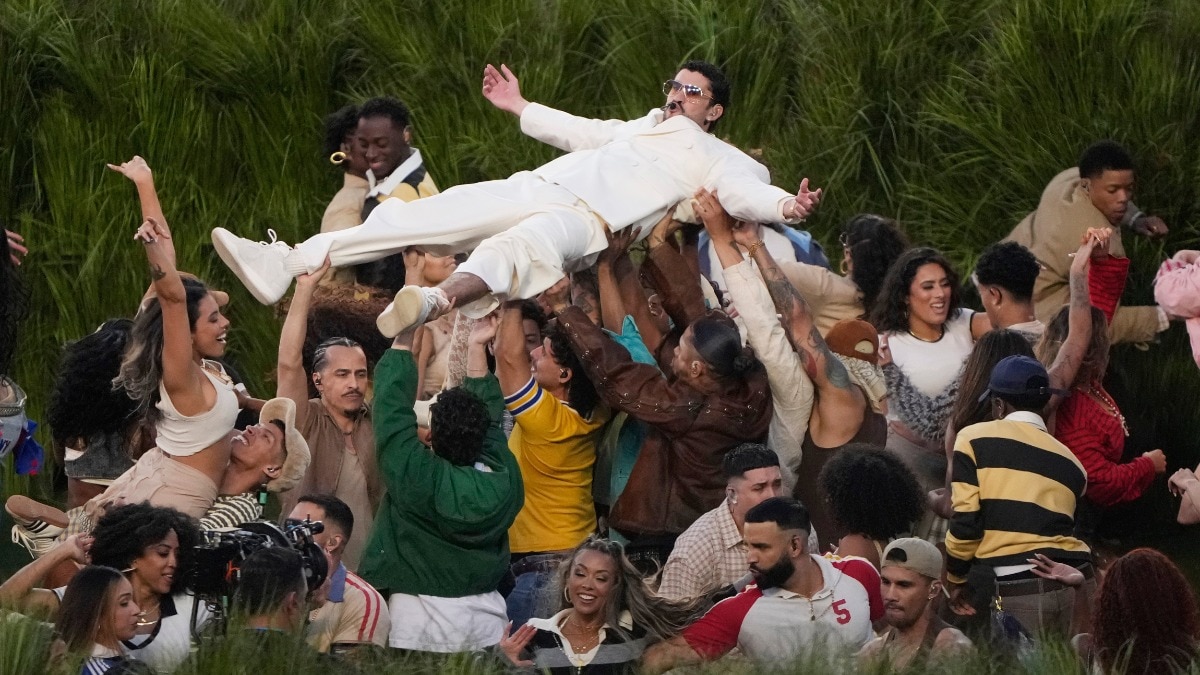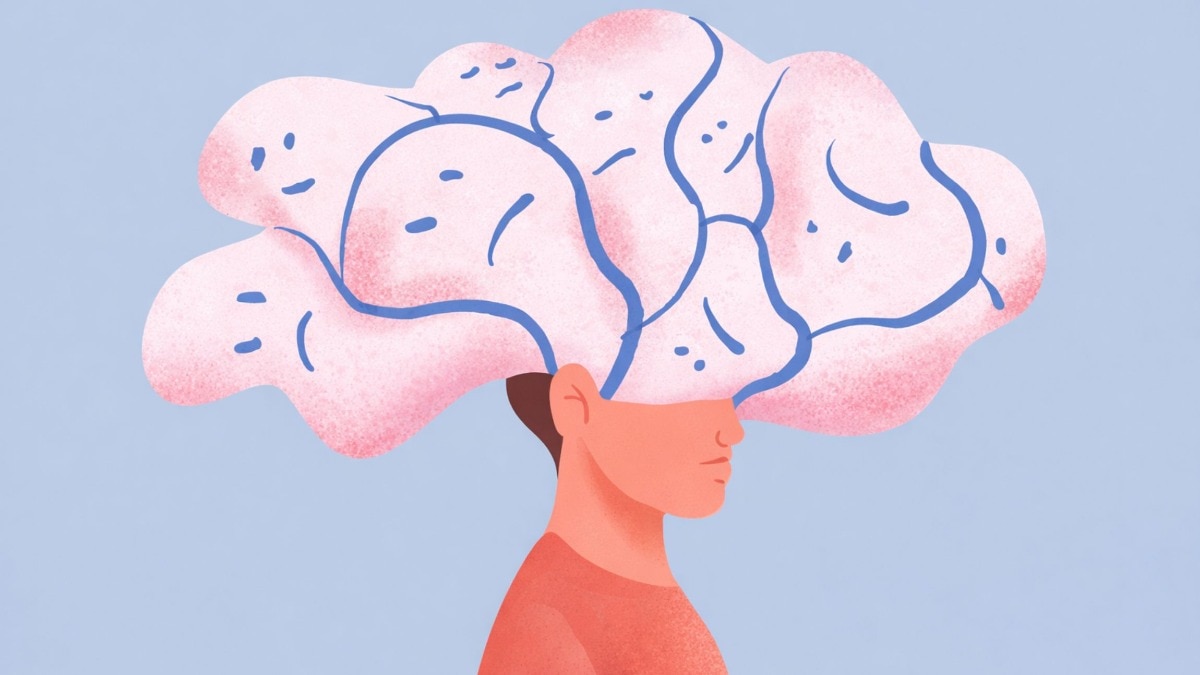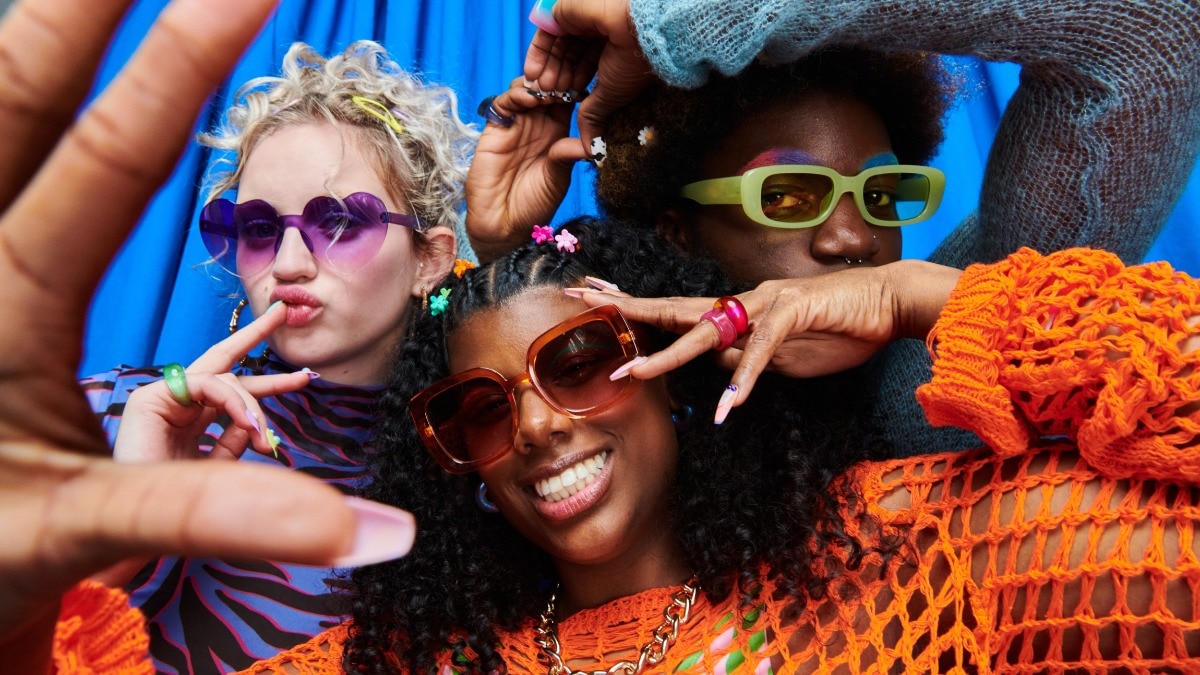The concept of cafes is becoming complex, and the trend is brewing in Mumbai first
Read on to find out what’s different now and why.


Ask a Gen X how they would describe a cafe, and they would reminisce about the quaint interiors, chai, and bun maska of classic Iranian cafes. A millennial, on the other hand, is most likely to mention a coffee shop with a fancy barista and croissants. Gen Z, however, would have a completely different idea of what a cafe looks like and what it serves—avocado toast, iced matcha, and cookie-stuffed croissants are the basics they expect.
What we're trying to say is that over the years, the cafe culture has expanded and diversified. A lot has happened in between, and only for the better.
Cafe culture in India began in the early 1940s, when a group of ousted Indian Coffee Board members established the 'Indian Coffee House'. The first one debuted in Bengaluru in 1957, and later popped up across the nation in Delhi, Kerala, Tamil Nadu, West Bengal, and Punjab, though they were few and far between. Today, however, you can probably spot a cafe in every locality, especially in metro cities. Clearly, the next generation is only seeking more from the coffee culture. We spoke to three Mumbai-based entrepreneurs, who gave us insight into the changing trends in India's fast-growing coffee industry.
Quality and quantity reign supreme
“Over time, customers have become more discerning in four areas—quality, specialisations, health trends, and the brand story," says Annie Bafna, founder and head chef at Noa by The Nutcracker. She explains that today, customers value quality ingredients as much as they seek flavour. They are always on the lookout for menus with healthy, vegan, and gluten-free options, and crave inspiring brand stories. And it's a win-win if the space specialises in areas like sourdough baking, French viennoiserie, ingredient fermentation, dessert bars, and more.
One such example is, Mag St., located in Bandra and Colaba. Their menu is extensive, with everything from shakes, smoothies, and multiple types of coffee, to buns, breads, and main-course selections like the lobster roll, the Mag St. handcut truffle fries, and more on it. When asked about catering to changing trends and customer demands, Gauri Devidayal, co-founder of Mag St., explains, "Mag St. goes beyond being just a cafe. Our space and menu are versatile enough to accommodate various needs, whether it's a post-workout breakfast, a lunch with friends, a date night, or a quick catch-up over wine and desserts. It adapts to all occasions with its casual yet chic ambience and wide range of food and beverage options."
One for the 'Gram
With its grey accents, central marble table adorned with croissants, freshly baked goodies, and three hanging floral lamps, the ambience at Mag St. Bandra deserves a spot on your monthly feed on Instagram. Ambience and aesthetics are key prerequisites for Gen Z. An addition to the list of Instagrammable cafes is Mokai, the newly opened Asian cafe in Bandra. Imagine an old Bandra bungalow transformed into a trendy cafe and intertwined with elements of Japanese culture. Muted tones of beige and brown complement the coffee-centric theme, while pops of colour remind you of Tokyo’s street culture. The interiors are cosy enough for you to let your hair down, yet lively enough to enjoy a Friday-night vibe. "When it comes to Asian restaurants, people often dress up and go out, but with cafes, you know you can just show up in oversized clothes and track pants. At Mokai, our aim was to bridge this gap, creating a space where people can come in, relax, enjoy themselves, and also have a meal along with a cup of coffee," shares Karreena Bulchandani, founder of the restaurant.
Not just a cafe
With an extensive menu that brings together the many South Asian cultures, Mokai is pioneering a whole new trend. On their menu, you'll find a variety of options ranging from Asian classics like Singaporean curry, Dan Dan noodles, and Katsu chicken, to all-day breakfast choices and an extensive beverage menu. Of course, they offer matcha, too.
This is a prime example of how the concept of a cafe is expanding to introduce people to cultures from across the world. A cafe has gone beyond being just a 'hangout spot'. In fact, the influence of cafe culture is so strong that it is percolating to delis as well. Noa by The Nutcracker is a testimony to this. Offering freshly baked breads such as sourdough focaccia, ciabatta, pita pockets, and bagels; dessert spreads, and good coffee (of course), it combines elements of a deli and a cafe. "Essentially, it is a deli designed for convenience. Whether you're looking for a quick sit-down meal, need an on-the-go bagel and coffee, or want to stock up on cooking essentials, the place will have you covered," Bafna explains.
It is an extension of Mumbai’s much-loved cafe scene, introducing the city to the idea of delis. Bafna adds, "In Mumbai, delis are still quite new. Most places here are cafes or bakeries. Noa offers customers the chance to grab their daily bread and coffee, pick up a quick sandwich, or choose from our deli selection of spreads, dips, sauces, oils, crackers, and more. They can use these at home for a quick snack or meal, or come in for a delicious dessert."
Definitely, there's much more to see as cafe trends change, whether it's a focus on healthier food options, lively atmospheres, or compelling brand stories driving customers to new places. But at its core, what will always remain constant is good food, coffee, and conversations. And well, at the end of the day, that’s what truly defines a winning cafe experience.
Feature image credit: Cafe Mokai
Also read: 14 special mango menus to try in Mumbai, Delhi, and Bengaluru
Also read: Tracing the increasing popularity of pan-Asian cuisine in India

